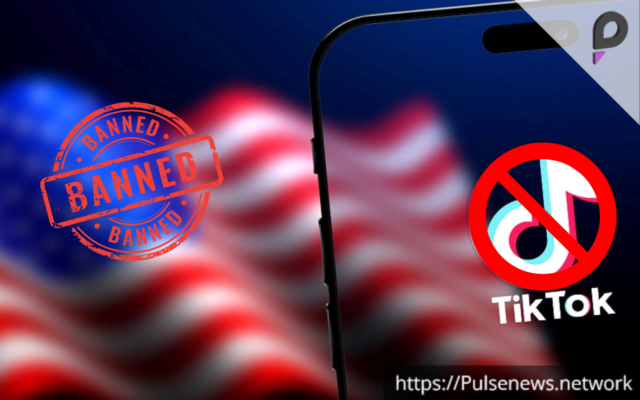Washington: In a significant ruling, the U.S. Court of Appeals for the District of Columbia has denied TikTok’s request for an emergency extension to challenge a law that could force its Chinese parent company, ByteDance, to divest from the popular short-video app. This ruling means that TikTok must now act quickly, as the law requires ByteDance to sell the app by January 19, 2025, or face a ban.
TikTok’s Appeal and Court Ruling
On Monday, TikTok and ByteDance filed an emergency motion with the appeals court, seeking additional time to present their case to the U.S. Supreme Court. They expressed concerns that without legal intervention, the law could “shut down TikTok — one of the nation’s most popular speech platforms — for its more than 170 million domestic monthly users.”
However, the appeals court rejected their request, stating that TikTok and ByteDance failed to demonstrate a precedent where a court had allowed a law to be blocked while awaiting Supreme Court review after a constitutional challenge had been denied. The court’s unanimous order emphasized the need for legal clarity on this matter.
Following the ruling, a spokesperson for TikTok announced that the company plans to escalate its case to the Supreme Court, citing its historical commitment to protecting Americans’ free speech rights.
Implications of the Law
Under the new law, TikTok will face a ban unless ByteDance divests its ownership by the set deadline. Furthermore, this legislation empowers the U.S. government to ban other foreign-owned apps deemed to pose risks regarding the collection of American user data.
The U.S. Justice Department argues that TikTok’s continued ties to China represent a national security threat. In response, TikTok has refuted these claims, asserting that its content recommendation algorithms and user data are stored on secure cloud servers in the U.S. managed by Oracle. They also maintain that content moderation decisions for U.S. users are made domestically, further distancing the app from its Chinese roots.
The Future of TikTok
The fate of TikTok now hinges on a few key political figures. President Joe Biden has the option to grant a 90-day extension on the January 19 deadline, which would give ByteDance more time to negotiate the sale. However, the responsibility could soon shift to President-elect Donald Trump, who is set to take office on January 20. During his previous term, Trump attempted to ban TikTok but faced legal challenges that prevented the ban from taking effect.
As the situation unfolds, both Trump and Biden will play crucial roles in determining TikTok’s future in the U.S. Notably, Trump has previously indicated that he would not support a ban on TikTok if elected again.
App Store Removal Considerations
On the same day as the court’s decision, congressional leaders addressed the CEOs of tech giants Google (Alphabet) and Apple, urging them to prepare for the potential removal of TikTok from their U.S. app stores by the January deadline. This pressure reflects growing concerns over data privacy and national security in relation to foreign-owned technology platforms.
Conclusion
The rejection of TikTok’s request by the U.S. Court of Appeals marks a critical juncture in the ongoing debate over the app’s presence in the American market. As TikTok prepares to take its case to the Supreme Court, the implications of this ruling could reshape the landscape of social media in the United States. Users and stakeholders will be closely monitoring developments in this high-stakes legal battle that intertwines technology, national security, and free speech rights.











